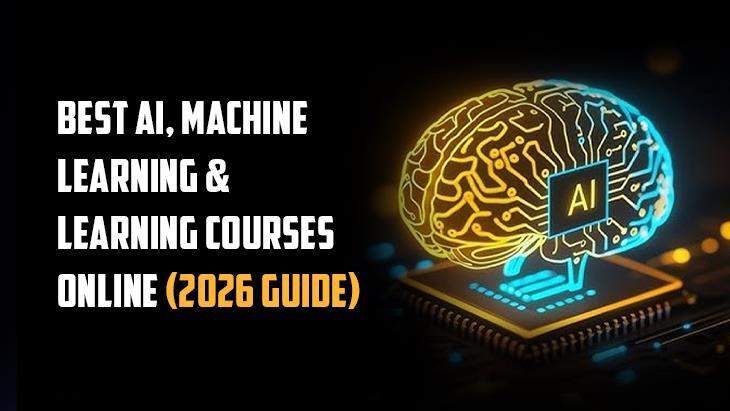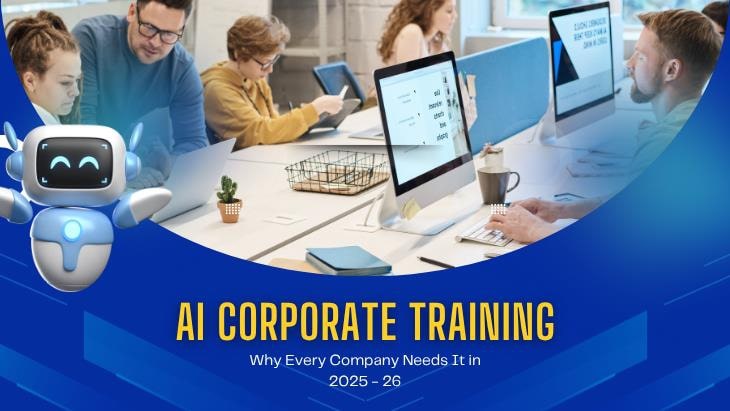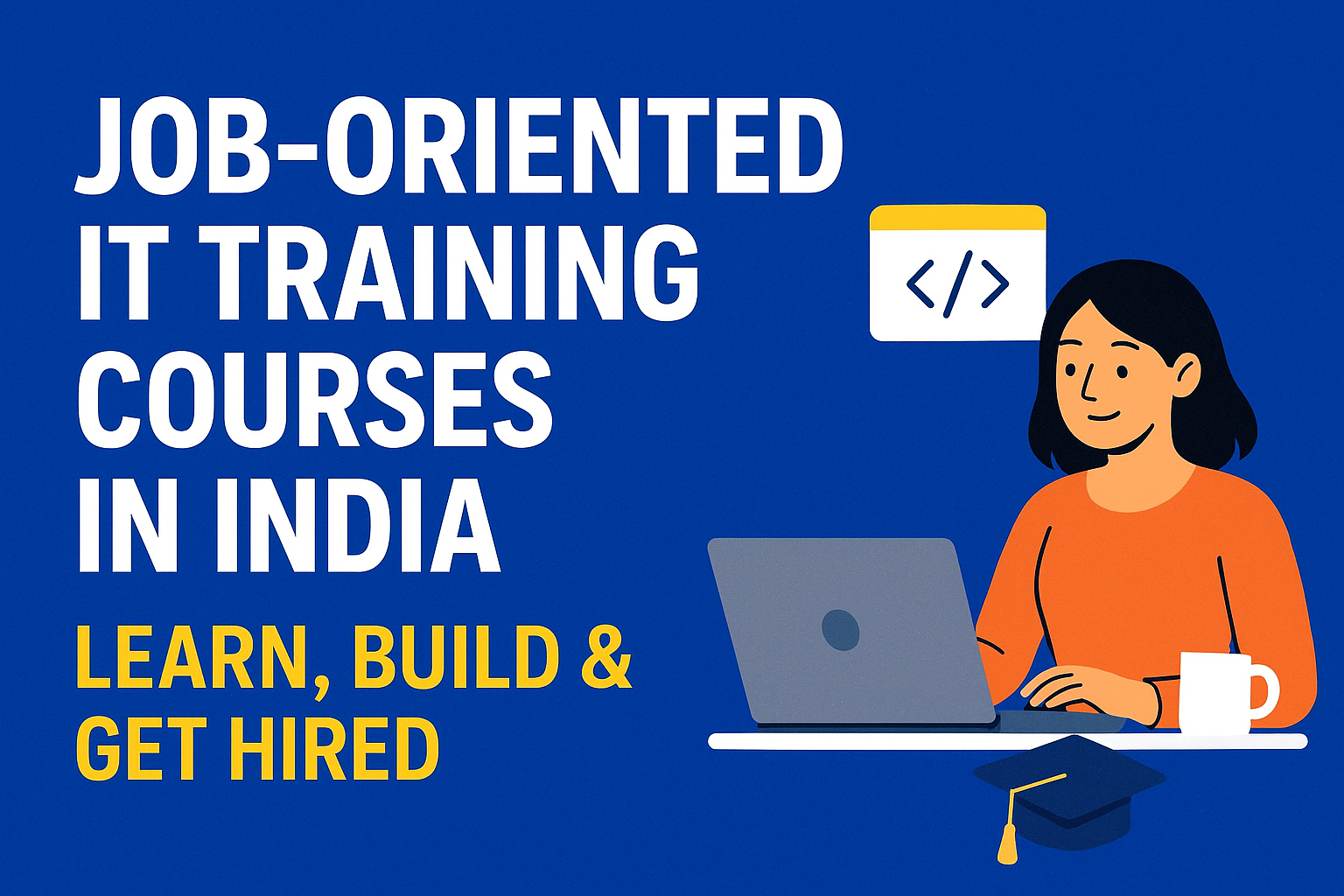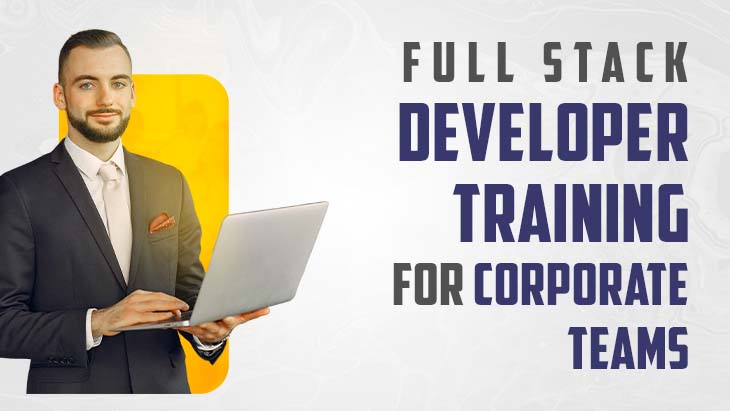Software Development Courses
Software development courses are educational programs that teach individuals how to design, develop, test, and deploy software applications. These courses cover a wide range of topics, including programming languages, software development methodologies, software engineering principles, and tools and technologies used in software development. The courses may be offered in a variety of formats, including online, in-person, and hybrid programs, and they may be designed for beginners, intermediate learners, or advanced professionals. Some software development courses focus on specific areas of development, such as web development, mobile app development, or machine learning, while others provide a broader overview of the field. The goal of software development courses is to equip learners with the skills and knowledge they need to succeed in software development careers or to enhance their existing skills to remain competitive in the industry.
Software Development Courses To Learn
Software development is a constantly evolving field, and staying up-to-date with the latest technologies and trends is essential for any developer looking to remain competitive in the job market. In this article, we will discuss the top 10 software development courses that you should consider learning in 2023.
1. Full Stack Web Development
Full stack web development is a comprehensive course that teaches you everything you need to know to build dynamic and interactive web applications. You will learn how to use various front-end frameworks like Angular, React, and Vue.js, as well as back-end technologies like Node.js, Python, and Ruby on Rails. This course is ideal for anyone who wants to develop a strong foundation in web development and is looking to build a career as a full-stack developer.
2. Artificial Intelligence and Machine Learning
Artificial intelligence and machine learning are two of the fastest-growing fields in technology, and they offer incredible opportunities for developers who want to work on cutting-edge projects. In this course, you will learn how to build intelligent systems that can learn and adapt on their own. You will also learn about different machine learning algorithms and techniques, as well as popular tools and libraries like TensorFlow and Keras.
3. Mobile App Development
Mobile app development is a lucrative and in-demand field, and this course will teach you how to create mobile apps for both iOS and Android platforms. You will learn about various frameworks and tools like React Native, Xamarin, and Flutter, as well as how to use different programming languages like Swift and Kotlin. This course is ideal for anyone who wants to develop mobile apps and is looking to build a career in this field.
4. Cloud Computing
Cloud computing has become an integral part of modern software development, and this course will teach you how to design, develop, and deploy applications on the cloud. You will learn about different cloud computing models like Infrastructure as a Service (IaaS), Platform as a Service (PaaS), and Software as a Service (SaaS), as well as popular cloud computing platforms like Amazon Web Services (AWS), Microsoft Azure, and Google Cloud Platform.
5. Cybersecurity
Cybersecurity is a critical concern for businesses and organizations, and this course will teach you how to design and develop secure software systems that can withstand cyber attacks. You will learn about different types of cyber threats, as well as best practices for securing your applications and data. You will also learn about different security frameworks and tools like OWASP, NIST, and the Security Development Lifecycle (SDL).
6. DevOps
DevOps is a set of practices that aims to streamline the software development process and improve collaboration between development and operations teams. In this course, you will learn about different DevOps tools and practices like continuous integration, continuous delivery, and infrastructure as code. You will also learn about popular DevOps tools like Jenkins, Docker, and Kubernetes.
7. Blockchain
Blockchain is a decentralized ledger technology that is revolutionizing the way we store and manage data. In this course, you will learn about different blockchain platforms like Ethereum and Hyperledger Fabric, as well as how to develop smart contracts using Solidity. You will also learn about different blockchain use cases like cryptocurrency, supply chain management, and identity management.
8. Data Science
Data science is a field that involves using statistical and machine learning techniques to extract insights from data. In this course, you will learn about different data science tools and techniques like data visualization, data cleaning, and exploratory data analysis. You will also learn about different machine learning algorithms and how to use popular data science libraries like Pandas, NumPy, and Scikit-learn.
9. UX/UI Design
UX/UI design is a crucial aspect of software development, as it determines how users interact with your application. In this course, you will learn about different UX/UX design principles and methodologies, as well as how to create wireframes and prototypes using popular design tools like Sketch and Figma. You will also learn about user testing and how to conduct user research to gather feedback on your designs.
10. Internet of Things (IoT)
The Internet of Things (IoT) is a rapidly growing field that involves connecting physical devices to the internet and enabling them to communicate with each other. In this course, you will learn about different IoT devices and protocols, as well as how to develop IoT applications using platforms like Arduino and Raspberry Pi. You will also learn about different IoT use cases like smart homes, smart cities, and industrial automation.
Learning new software development skills and keeping up with the latest trends is crucial for any developer looking to remain competitive in the job market. The courses listed above cover a range of important topics in software development, from full-stack web development to IoT and everything in between. Whether you're a beginner or an experienced developer, these courses will provide you with the skills and knowledge you need to succeed in 2023 and beyond.
Online Vs Offline Software Courses: Which One Is Better For You
Online and offline software courses each have their own advantages and disadvantages, and the choice between the two will depend on the learner's individual preferences and circumstances.
Online Software Courses:
Advantages:
a. Convenience: Online courses allow learners to study at their own pace and from the comfort of their own homes or offices.
b. Flexibility: Online courses offer flexible scheduling options, which can be beneficial for learners who have other commitments, such as work or family obligations.
c. Affordability: Online courses can be less expensive than offline courses, as they do not require travel or accommodation expenses.
Disadvantages:
a. Lack of interaction: Online courses may lack the face-to-face interaction and support that learners may need, especially if they are struggling with a particular concept.
b. Technology issues: Technical difficulties or internet connectivity problems can disrupt the learning experience and may require troubleshooting.
c. Self-motivation: Online courses require self-motivation and discipline, as learners are responsible for managing their own schedules and completing coursework on their own.
Offline Software Courses:
Advantages:
a. Interaction: Offline courses allow learners to interact with instructors and other students in person, which can be beneficial for learning and networking.
b. Hands-on learning: Offline courses may provide more opportunities for hands-on learning, which can help learners apply concepts and develop practical skills.
c. Personalized feedback: Instructors in offline courses can provide personalized feedback and support to learners, which can be especially helpful for learners who are struggling.
Disadvantages:
a. Location: Offline courses require learners to travel to a physical location, which may be inconvenient or costly.
b. Scheduling: Offline courses may have more rigid scheduling options, which can be difficult for learners who have other commitments or schedules.
c. Cost: Offline courses can be more expensive than online courses, as they require facilities, equipment, and instructors.
In summary, both online and offline software courses have their own unique advantages and disadvantages, and learners should consider their own preferences and circumstances when choosing between the two. Online courses may be more convenient and flexible, while offline courses may offer more interaction, hands-on learning, and personalized feedback.
How To Choose The Best Software Training Institute?
Choosing the right software training institute is important for anyone looking to develop their software development skills. Here are some factors to consider when choosing the best software training institute:
1. Reputation and Accreditation: Look for an institute with a good reputation and accreditation. Check reviews from previous students, industry experts, and online forums to assess the institute's reputation.
2. Course Content: Check the course content to ensure it covers the latest technologies and software development methodologies. The institute should offer a curriculum that aligns with your career goals and interests.
3. Faculty and Instructors: Check the credentials and experience of the faculty and instructors. Look for instructors with industry experience who can provide practical insights and real-world examples.
4. Teaching Methodology: Check the teaching methodology of the institute. Look for an institute that provides hands-on experience and practical projects that can help you develop your skills.
5. Training Delivery: Check the training delivery mode of the institute. Look for an institute that offers online, offline, or hybrid training options that suit your preferences and schedule.
6. Support and Assistance: Check the support and assistance provided by the institute. Look for an institute that offers placement assistance, mentorship programs, and career counseling services.
7. Infrastructure: Check the infrastructure of the institute. Look for an institute that offers modern infrastructure and software tools required for software development.
8. Course Duration and Fees: Check the course duration and fees of the institute. Look for an institute that offers a course duration that suits your availability and a fee structure that fits your budget.
9. Certifications: Check the certifications offered by the institute. Look for an institute that offers industry-recognized certifications that can help boost your career prospects.
In summary, when choosing the best software training institute, consider factors such as reputation, course content, faculty, teaching methodology, training delivery, support and assistance, infrastructure, course duration and fees, and certifications offered. These factors can help you find an institute that meets your needs and helps you achieve your career goals in software development.





Leave a reply